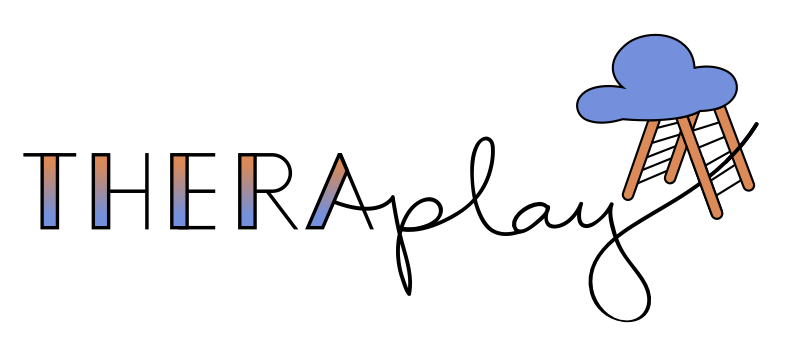Sensory Processing and Planning
How Your Child’s Ability to Process Sensory Information Could be Impacting Their Planning
Maybe they have trouble keeping their backpack organized, or remembering where they left things. Maybe they not only hate cleaning their room, but can’t seem to get organized enough to put things where they belong. Or maybe you’ve noticed they have trouble planning their outfit for the day so it matches the weather.
If this sounds like your child, you’re probably wondering if these symptoms are signs of ADHD.
Before considering medication or classical therapy, we highly recommend considering if these difficulties with planning are signs of sensory dysregulation.
The core of our ability to move is linked to our sense of touch, balance, and the ability to tell where our limbs are in space. Without this information, even simple movements can feel challenging and zap our energy.
What most can do without a second thought becomes a complicated process that requires planning and compensation strategies all on its own.
Take a moment to think about how much this impacts everyday life. In order to do any multi-step activity, your brain has to identify each step involved and then plan the different movements necessary to complete each part of the task.
If you have difficulty with even simple movements, imagine how difficult starting, let alone completing, a more complicated task would be.
When you have to focus all of your energy and attention on getting through that first step, you’ll find yourself exhausted and distracted by the time you’re ready to start the next one.
Maybe you’re thinking “But I’ve only noticed my child struggling when they do unfamiliar activities or try familiar activities in new environments.”
On the surface it might seem like their inability to plan properly can’t be related to sensory regulation if that’s the case, but that could just be a sign they’ve learned how to compensate enough to perform those activities in a certain setting.
Your child’s planning skills won’t be very helpful if they can’t transfer them to new environments. Their skills are still underdeveloped; they’ve simply memorized ways to work around the aspects they find most challenging.
Think of your child’s ability to plan as a house and sensory input as the foundation. While things may appear stable at first, they’ll collapse without a solid foundation.
OTs are trained to find and address the sensory causes responsible for this trouble planning.
Here at TheraPlay LA we use a two step approach: we work on movement and sensory processing at the same time to make sure your child is getting the most out of each and every session.
Our approach aims to work on your child’s skills from the ground up, with progress in lower level processing allowing for huge gains in more complex brain functions.
Looking to figure out if your child could benefit from our services? Book a free discovery call with us!


